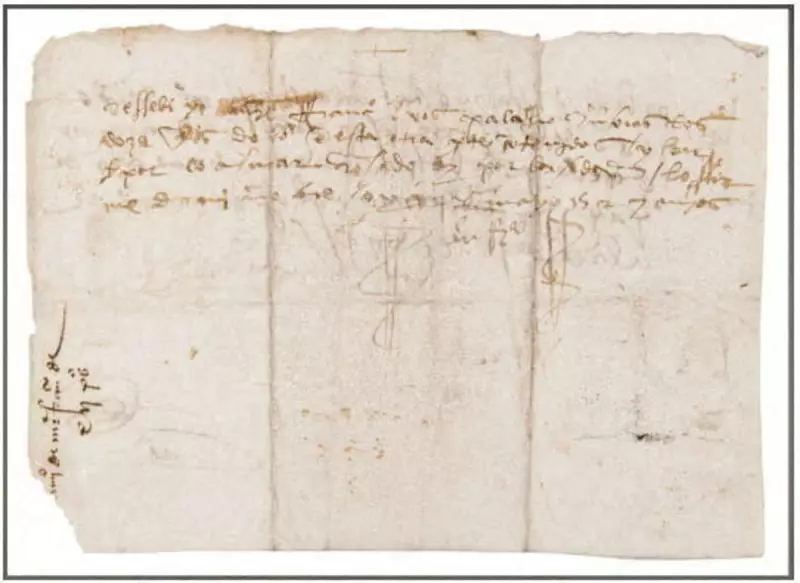
A remarkable 16th-century document has surfaced, offering unprecedented details about Hernán Cortés' conquest of Mexico. The newly discovered manuscript provides a stark account of the Spanish campaign against the Aztec empire, potentially rewriting aspects of this pivotal historical event.
Historical Treasure Unearthed
Researchers in Mexico City have authenticated the document, which appears to be a first-hand account from one of Cortés' lieutenants. Dated to 1521, it describes in vivid detail the siege of Tenochtitlan and the subsequent fall of the Aztec civilization.
Challenging Established Narratives
The manuscript contradicts several long-accepted historical accounts, particularly regarding:
- The timeline of key battles
- Cortés' relationship with indigenous allies
- The scale of destruction in Tenochtitlan
Brutal Realities Exposed
Perhaps most shocking are the document's unflinching descriptions of the violence inflicted upon the Aztec population. The account details systematic destruction of temples, mass executions, and the deliberate spread of disease - painting a far darker picture than official Spanish records.
Academic Reactions
Leading historians have hailed the discovery as transformative. Dr. Elena Martínez from the National Autonomous University of Mexico stated: "This changes our fundamental understanding of the conquest. We're seeing events through a new lens - one that wasn't sanitized for Spanish royal audiences."
The document is currently undergoing conservation work before being digitized for public access. Researchers anticipate years of study will be needed to fully analyze its contents and implications for Mesoamerican history.





